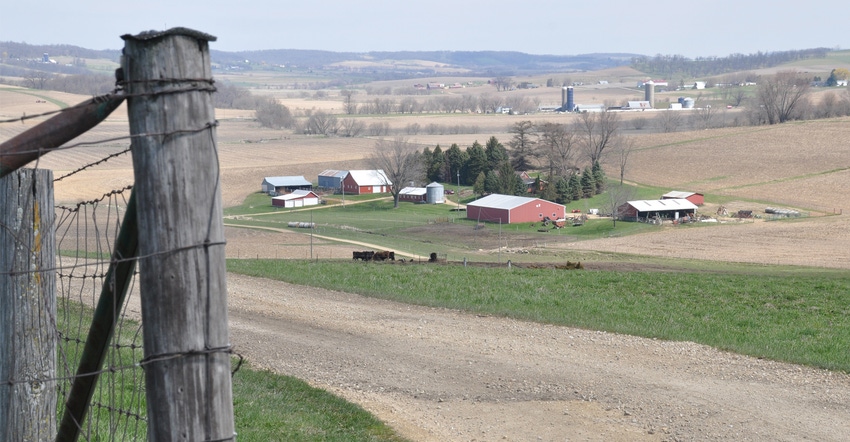July 10, 2017

People engage in business. A person can own property, buy and sell things, and enter into contracts. State law allows us to create a sort of artificial “person” in the form of a business entity, such as a partnership, corporation or limited liability company. Each business entity is “property” — it is something a person can own — and it is a “person” in that the entity itself can own property, buy, sell and enter contracts. I’ll refer to this artificial person (a business entity) simply as an “entity.”
A human can act (think, decide, speak, make a deal, sign documents, drive to the bank, etc.) for himself or herself. By contrast, an entity cannot act for itself, so humans connected to it must do the acting for the entity. A partner acts for a partnership. An officer acts for a corporation. A manager acts for an LLC.
Why create an entity that can engage in business? The most common reason is, “So I can’t be sued!” Having an entity does not assure you “can’t be sued,” but the concept is this: If instead of doing all business in your own name you create another entity, and that entity makes a mistake that causes a lawsuit, it is that entity that gets sued instead of you.
Estate planning can be another reason to create an entity. Estate planning includes clearly identifying your estate, maximizing the value while you are living, and intentionally directing how and to whom it will pass. You might think of farming as one business (and one asset of your estate), but most farmers really have three primary sources of income. Creating an entity to hold one of them can help you keep this straight.
First, your real estate is a capital asset that produces rent. Even if you don’t rent it out, part of your farming profit is the rental value of your land. Land is a source of income and a major part of your estate.
Second, your operation — brains and brawn — is a source of income. You make money from managing and from labor. This is the most active part of your income and may be the best reason to create an entity. The entity (it should be an LLC) would become the farmer. “Farming LLC” can help isolate the activities most likely to cause lawsuits from the rest of your estate. Farming LLC taxed as a subchapter S corporation can reduce current taxes. Since it is the entity instead of you in the farming operation, this created “person” (Farming LLC) rents your land, and rent is not subject to self-employment tax.
Third, you have a large investment in equipment. The line between activity and equipment is easily blurred, since tax laws make us think of equipment as an expense like seed or chemicals. But to keep things as clear as possible, you should think of equipment more like your investment in land and less as part of the operation. “Will I receive an appropriate return if I invest in this equipment?” Leasing your equipment to your Farming LLC can bring this into focus.
So your estate consists of three businesses: a real estate investment business, a farm operation, and a lessor of farm equipment.
Let’s wrap up with two more points about LLCs. You can choose in your state filings to have an LLC be “member managed” — any owner is automatically a manager with authority to act — or “manager managed” — individuals are selected to serve as the managers, and these managers may be owners or nonowners. Manager managed allows for more estate planning flexibility.
Finally, if you expect an LLC to help protect you from lawsuits, it must be clear to anyone doing business with your LLC that they are not doing business with you. When Farming LLC purchases inputs or leases land, the purchase order or lease agreement must show Farming LLC as the purchaser or lessee, and when a manager signs for the LLC, it must be clear that he or she is signing as “manager, Farming LLC.” You own your LLC, but you are not your LLC!
Don’t establish any entity unless your purpose is clear, the long-term implications are understood, and you are committed to proper documentation to make it all work.
Ferguson owns The Estate Planning Center in Salem. Learn more at thefarmersestateplanningattorneys.com.
About the Author(s)
You May Also Like






